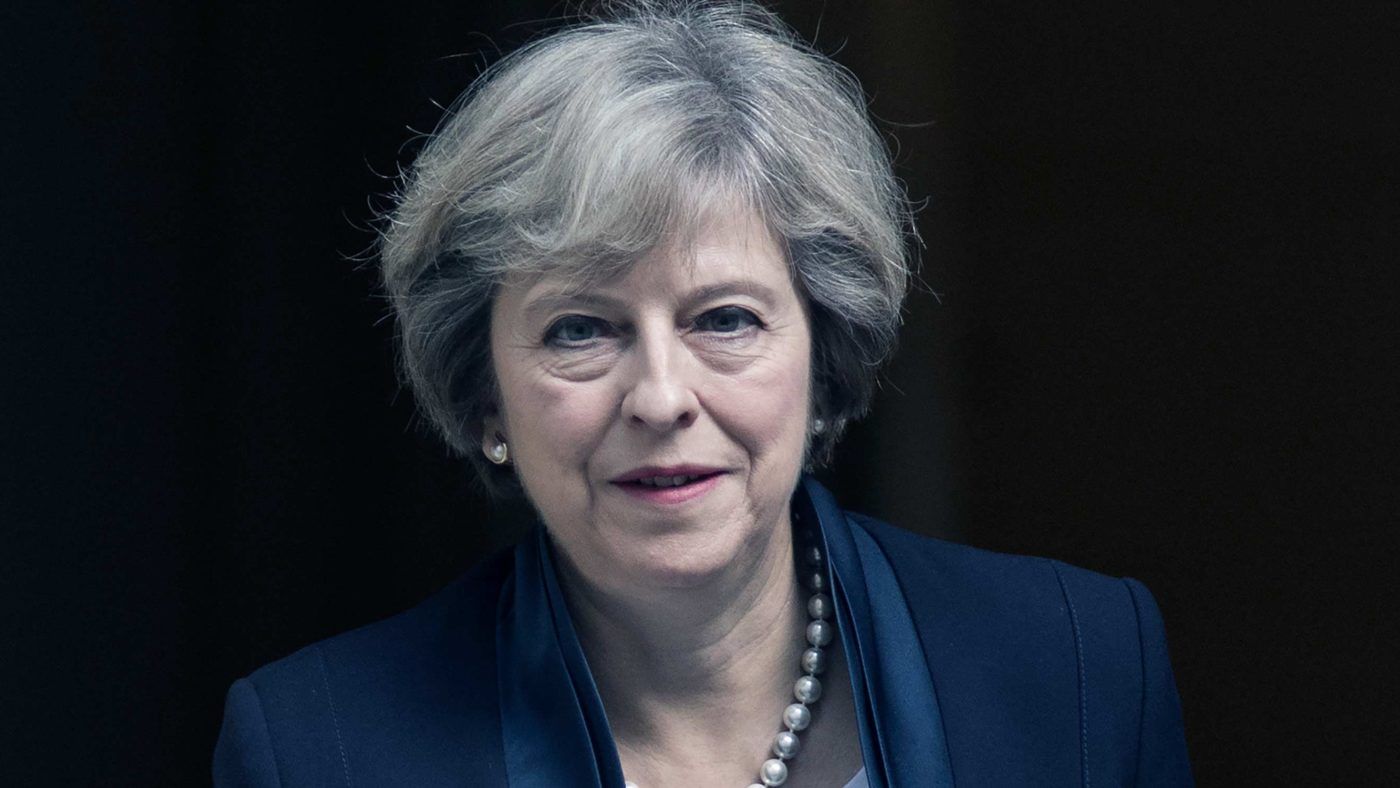Who would have thought it? Theresa May flies into Washington on Friday as the first foreign leader to meet Donald Trump after his inauguration and – despite the loss in the Supreme Court this week – she does so with her confidence and stature rising by the day.
She is also becoming more sure footed in her policy-making, with her Industrial Strategy paper being a good example. Even sterling has recovered, up six cents against the dollar in the last week and now trading at $1.26.
Wednesday was a classic demonstration of her growing authority. The lingering opposition to implementing the Article 50 Brexit mechanism was pointlessly coalescing around demanding a White Paper on Brexit. Yet she has conceded this minor point with hardly a shrug and scuppered the nascent plot before it has begun.
The media has understandably focused on the Government’s legal defeat. But such is the topsy-turvy political context of the times, the appellant Gina Miller’s victory was deceptive, and it is, bizarrely, Mrs May who is actually the political winner.
There are five reasons for looking at things in this way.
First, Ministers concede privately that the original decision to trigger Article 50 via the Royal Prerogative was a mistake. In the chaotic aftermath of the referendum, the advice from the newly appointed Whips Office was that Parliament would obstruct Article 50. However, subsequent to that, Labour MPs with constituencies which voted Leave made clear they would do no such thing.
Once the original Divisional Court judgement appeared in December, citing Tory bedtime reading such as AV Dicey, the Case of Proclamations, this confirmed what Ministers knew in their hearts anyway. Parliament is Sovereign and changes in the law must be done by legislation, not executive fiat. A blunder, which could have left lasting rancour, has been rectified at the cost of only mild loss of face.
Second, the real fear in No. 10 was whether the Supreme Court would allow the related Appeal by the Scottish and Northern Irish administrations, which claimed that initiating Article 50 affected their competences and consequently required their approval. If they had won, the result would have been deadlock and a crisis.
The court rejected this argument, which felt like a win to Ministers too.
Third, as the Government was prepared to lose on the original point (see above), it has readied a short Bill to be put through under the “Expedited Procedure”. Assuming the Commons passes it – and the 461-89 vote in the Commons in December on triggering Brexit by March 31 strongly suggests it will – then it is also likely to pass in the Lords.
Any amendments designed to stall or disrupt Article 50 will surely cause uproar. In extremis, Mrs May could threaten to engineer a general election and her opponents would not like that one bit. The polls suggest they would be smashed.
Fourth, Autumn last year, commencing with Tory party conference, was deemed bad for the Prime Minister. She stumbled. She came across as introverted, fussy, indecisive, too anti-immigration and occasionally anti-business. Sterling fell sharply. The Economist put “Theresa Maybe” on their front cover.
Her colleagues started to mutter audibly about the way No. 10 was being run, in a reiteration of the medieval phenomenon known as “the Queen is badly advised”. Such rumblings are a sign of potential treachery in the air.
But since the New Year she is transformed. She has delivered well received speeches on her vision for a “shared society”, her approach to Brexit and for the Industrial Strategy. Not only have these gone down rather well, they should be seen as part of a continuum. She is finding her pace and her narrative after an awkward start.
The Industrial Strategy was especially interesting. She has jettisoned the interventionist rhetoric she trialled last year, such as a crazy demand to put workers on company boards, and fallen back on a more thoughtful attempt to address long-term competitive issues, such as skills and research and development. In fact, the sort of approach Lady Thatcher might have adopted.
Fifth, is the election of Donald Trump. As he continues to emit a powerful and risky radiation from Washington, she gives off, by contrast, a more reasonable, reassuring and steady glow.
She has learned the hard way that she must work through Parliament and not unnecessarily upset business and the City. All that has been lost is a few months in which she and the Brexit secretary, David Davis, have been able to prepare for the tasks ahead. Compared to both the American President and also Jeremy Corbyn here, she looks far more considered, trustworthy and reliable.
Mrs May is not perfect. None of us is. For instance, she still needs to work on being a little warmer towards people, especially in her speaking style. It is worrying that too many visitors still come away from Downing Street feeling their noses have been put out of joint. But despite all that, she flies to Washington looking like she is growing into the job as Prime Minister, well-placed to make of Britain a prosperous bridge between Europe and America.
Let us hope that she manages to maintain good relations with our partners in Europe, while not flying too close to the flame burning and crackling away in the White House. We just don’t know if, or when, a spark might suddenly escape and ignite the Oval Office curtains.


